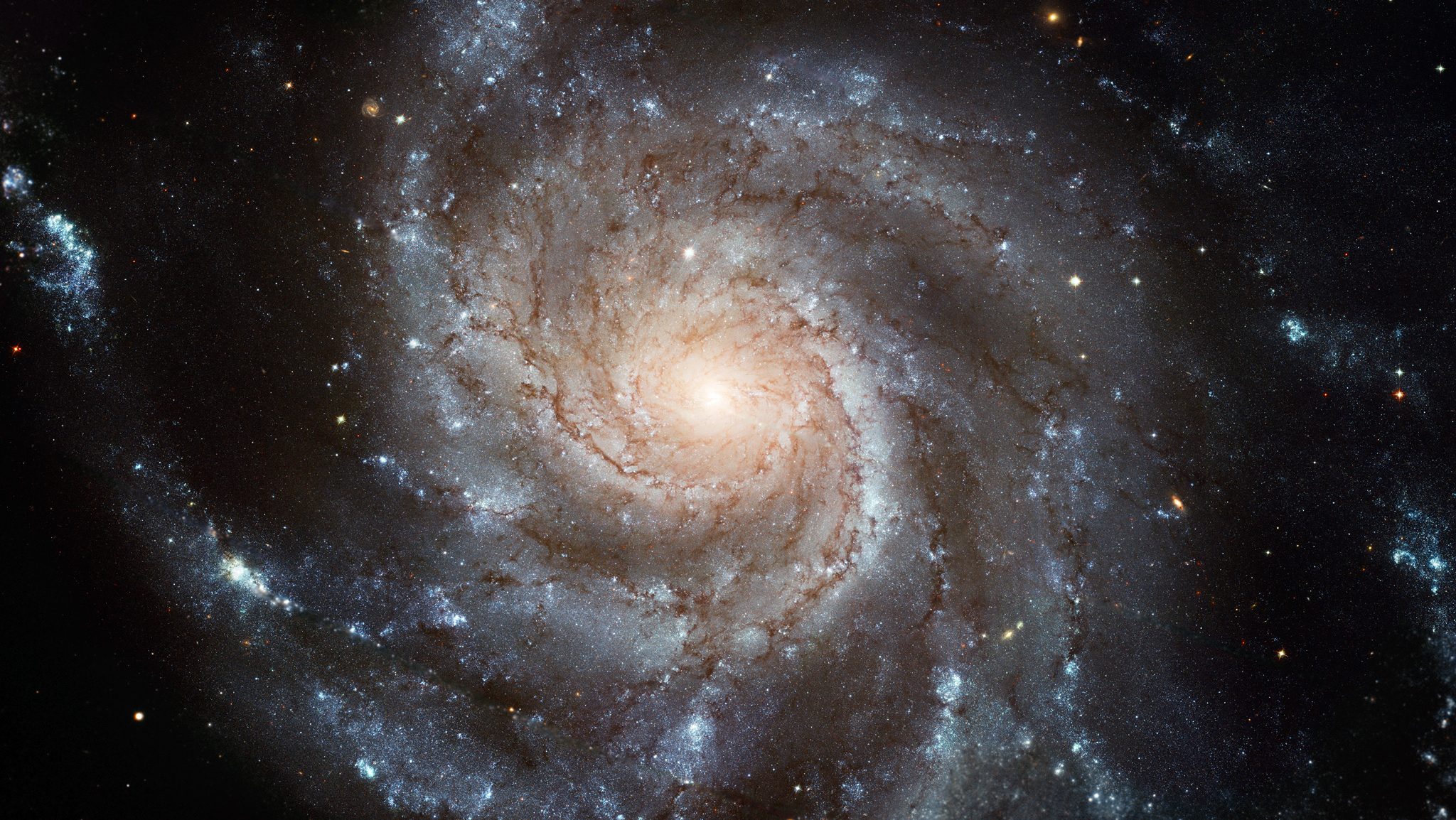Frequent Binge-Watching Could Be a Warning Sign of Depression

Netflix is a wasted day waiting to happen. The running joke is that the service gives you 10 seconds in between TV episodes to decide if you’re going to do anything productive with your day. Ah yes, binge-watching and the allure of “just one more episode” are things most of us can relate to. But researchers Yoon Hi Sung, Eun Yeon Kang and Wei-Na Lee from the University of Texas at Austin think that this persistent behavior could be a warning sign of depression.
The researchers conducted a survey on 316 participants, ages 18 to 29 years, asking about their TV-watching habits and how often they felt lonely or depressed. Their results revealed that participants who confessed to binge-watching often were more likely to feel lonely and depressed. The researchers suggest that among these people there might be a deficiency in their ability to self-regulate, opting for clicking that “Next” button that will take them away from negative feelings.
With the rise of seemingly unlimited movies and TV shows at our fingertips, binge-watching is a relatively new pastime. One that people joke is a harmless addiction. However, the researcher Sung cautions against this thought, saying in a press release:
“When binge-watching becomes rampant, viewers may start to neglect their work and their relationships with others. Even though people know they should not, they have difficulty resisting the desire to watch episodes continuously. Our research is a step toward exploring binge-watching as an important media and social phenomenon.”
This study doesn’t necessarily mean you should forgo plans to binge-watch the latest season of House of Cards; just make sure these plans aren’t happening on a regular basis.
Read more at Eurekalert!
Photo Credit: Shutterstock





